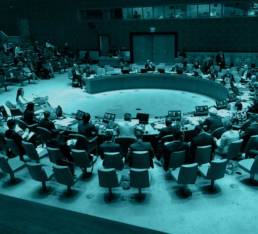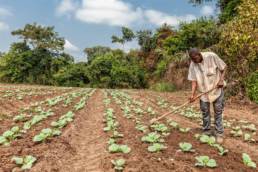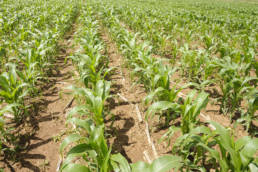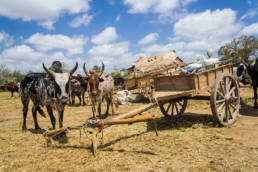Rule of Law
Is the fundemental thread in sustaining, good governance, social justice and corporate social responsability for all.
The Challenge
We recognize that urgent and decisive steps are required to strengthen institutions and the rule of law and to forge international and regional cooperation to combat this scourge in all its manifestations. The leadership of Heads of Government, Chief Justices and Attorneys Generals of African Nations who play the principal role in securing justice and the rule of law is an indispensable attribute of this collective effort. We are committed to and define actions to strengthen national and regional institutions in order to strengthen the rule of law and to effectively combat environmental crime for the achievement of sustainable development across Africa.
OUR GUIDING PRINCIPLE
Together increase transparency, a voice for all by all
The strategy is to stimulate and initiate result-based impact-oriented opportunities for governments and the judicial, accounting, and law enforcement communities in all African countries to engage among themselves and their global counterparts for realizing, rule of law including, transparency, accountability and inclusivity.
The initiative is to create a framework to support government efforts to establish governance structures and institutions that are needed to facilitate the social transformation process, founded on social justice and rule of law.
Our Approach
- Formulate recommendations for Africa’s contributions in advancing the rule of law
- Establish and institutionalized a platform for cooperation and collaboration among political, judicial and prosecutorial institutions.
- Commit to and define actions to strengthen national and regional institutions
- Share judicial and prosecutorial good practice and experiences from with and outside of Africa.
UNEA
A Global Symposium on Environmental Law Summary & Key Messages
On the occasion of the first session of the United Nations Environment Assembly, ‘Environmental Justice and Sustainable Development – A Global Symposium on Environmental Rule of Law’ invited Chief Justices, Attorneys General, Judges, Chief Prosecutors, Auditors General, leading legal scholars, practitioners and experts to discuss the ways and means by which the further development and implementation of environmental rule of law can help ensure just and sustainable development outcomes.

The Imperative Call for Change
A well-functioning democracy is not possible without the rule of law. This is because the basic elements of democracy and good governance, such as free and transparent electoral systems, respect for human rights, and a vibrant and participative civil society, are all bind by one thread the rule of law.
A comprehensive legal and judicial reform agenda can make an important contribution to the overall process of development. All but a few of the continent’s 1 billion people now expect to vote in regular national polls. That is something which 1.5 billion Asians, for all their impressive economic performance, cannot do.
Consistent and effective laws and reliable legal tools must continue to exist in order to address social injustice or economic imbalances.
Since the onset of globalisation and establishment of the UN’s poverty-reduction targets, the Millennium Development Goals (MDGs), there is a clear and urgent imperative to renew efforts in helping countries to develop legal frameworks to enable credible good governance, fulfill international legal obligations as well as development goals.
E JUSTICE
Some Opportunities and Challenges of Electronic Justice
The use of information and communication technologies (ICTs) in ensuring access to justice and the administration of the law or e-justice has become increasingly meaningful, let us dive into some opportunities and challenges it may face and some thoughts to consider in improving the e-justice system.
ENVIRONMENT
Failed promises – The Smokescreen of Tanzania’s Mining Industry
close examination of the mining industry of Tanzania reveals strongly negative impacts to quality of life, on economic conditions and environmental resources.



















